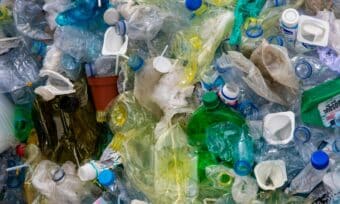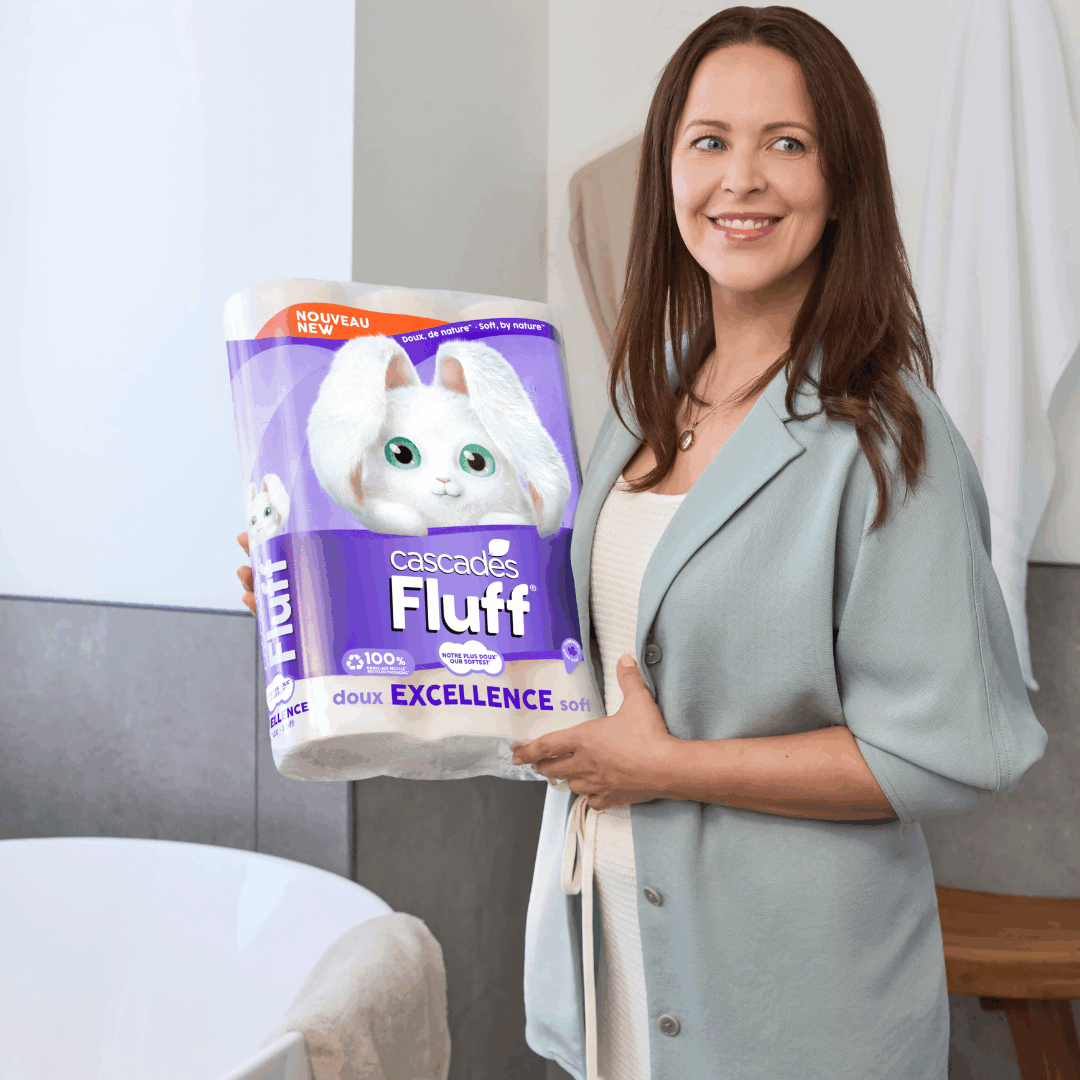
An eco-friendly lifestyle means taking small, but yet meaningful steps every day to reduce your environmental impact. By rethinking how we use certain resources at home, each of us can help combat climate change, one sustainable choice at a time. And the best part? You don’t have to be perfect to make a real difference.
What Does Being Environmentally Friendly Really Mean?
Living sustainably isn’t about grand gestures, instead, it’s about making smarter decisions in everyday life. It can mean a lot of things: switching to reusable containers, reducing packaging, buying second-hand clothing, or buying only from brands that prioritize sustainability. These habits often begin with simple changes, like recycling, cutting down on waste, or opting for eco-friendly and organic products when possible. It’s also about choosing items made to last, whether that means durable textiles, cleaning products with fewer toxic chemicals, or appliances with better energy performance. Ultimately, being environmentally responsible is about supporting the planet and protecting natural resources for future generations.
Eco-Friendly Habits Start at Home
Making your home more eco-friendly doesn’t require a major overhaul. It starts with small adjustments: turning off the lights when leaving a room, using energy-efficient bulbs, or lowering the thermostat just a few degrees.
When it’s time to replace an appliance, opt for one with a reliable certification that guarantees energy savings and reduced environmental impact. Another key area is waste management. Simple acts like composting, reusing containers, and choosing recyclable or biodegradable products reduce the amount of waste sent to landfill. Paper towels made from recycled materials and designed to be composted, for example, are an easy win for both your routine and the environment.
Choosing Products That Respect the Planet
At Cascades Fluff & Tuff®, we believe that everyday products should help make sustainable living easier. Our toilet paper and paper towels are crafted from recycled fibers sourced from schools, offices, and local businesses, minimizing the need for new items and helping to preserve natural resources.
We prioritize cleaner manufacturing practices, such as reducing energy use and minimizing waste in our production. Many of our formats are compostable, helping families manage household waste more responsibly.
Cleaner Choices Outside the Home
Eco-responsibility doesn’t stop at home. Across many places, local communities are embracing cleaner and greener lifestyles through initiatives like zero-waste markets, tree planting campaigns, and sustainable travel options. These efforts are not just symbolic: they lead to measurable reductions in carbon emissions, ocean pollution, and waste.
Organizations and local governments often showcase these positive changes online. They serve as powerful reminders that environmentally friendly choices, whether individual or collective, have the power to transform communities.
Making Better Shopping Decisions
Every time we shop, we get a chance to support the kind of world we want to live in. Look for certified products made from natural fibers, organic materials like bamboo or beeswax, and brands that adopt fair trade principles. These small, but yet powerful actions promote an economy rooted in respect for people and the environment. Whether it’s choosing reusable bags, eco detergent, or second-hand items from online clothing stores, making conscious purchases helps reduce environmental impact.
Sustainable Workspaces and Daily Routines
Creating a more sustainable workplace is another way to support a cleaner environment.
Simple ideas like digitalizing documents, rethinking packaging, or encouraging recyclable or reusable lunch containers can go a long way. Some companies also invest in renewable energy or products with eco certification.
Supporting corporations and institutions that make environmentally friendly commitments multiplies the positive effects of each consumer decision.
Building a Greener Future Together
What makes this movement powerful is that no expertise is required. Whether you’re a parent, neighbor, or co-worker, you can influence others through small acts: organizing a community cleanup, setting up a compost bin at school, or encouraging your favorite store to reduce its packaging.
Adopting an everyday routine
One of the easiest places to adopt eco-friendly habits is in the bathroom, a space that’s often overlooked but full of opportunities to make a change. Consider swapping conventional toilet paper and paper towels for options made from recycled fibers or sourced from responsible forestry. Small shifts like installing a low-flow showerhead or turning off the tap while brushing your teeth can significantly reduce water consumption.
Even your cleaning routine can become greener. Opt for refillable cleaning sprays, natural soap bars instead of plastic bottles, and biodegradable sponges. Making all these adjustments not only reduces packaging waste but also limits the number of harsh chemicals released into waterways and the environment.
When it comes to laundry, washing with cold water, air-drying clothes when possible, and using eco-certified detergents can make a real difference over time. Every load washed with care is another chance to preserve resources.
Ultimately, sustainability thrives in the little things, in small habits repeated daily. These choices, though simple, add up to a lifestyle that respects the planet, supports responsible production, and helps pave the way for a cleaner, more conscious future.
Together, for a More Sustainable Tomorrow
Making the switch to a more sustainable lifestyle doesn’t require perfection. It starts with awareness, intention, and small acts that align with what matters most: protecting the planet, conserving natural resources, and building a better future.
By being thoughtful about how we shop, what we reuse, and how we reduce our waste, we all play a role in shaping a more eco-conscious and compassionate world. And sometimes, all it takes is a roll of paper, a cleaner choice, or a smarter purchase to be part of the change.












